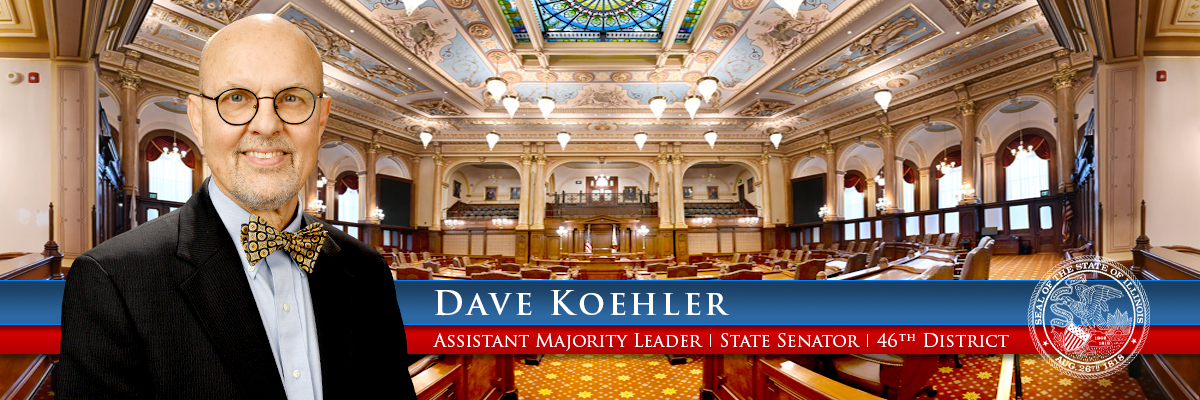- Details
- Category: Press Releases
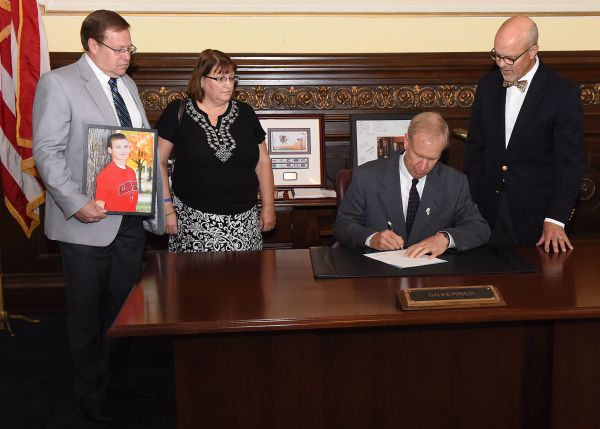 The governor signed a law that would give college students the authority to allow their university to share mental health information with their parents today.
The governor signed a law that would give college students the authority to allow their university to share mental health information with their parents today.
It was inspired by the Predmore family of Bartonville, who tragically lost their son Chris to suicide last year. Under previous Illinois law, his college could not talk to his parents about his mental health struggles.
A number of recent studies indicate that psychological problems are a growing issue on college campuses. For example, a survey found that 70 percent of college counseling center directors believe that the number of students with severe psychological problems has increased in recent years. Surveys of college students themselves have shown that depression and anxiety have skyrocketed over the past several decades – perhaps as many as a quarter or third of students meet criteria for anxiety or depression during college.
“If I had a child in college who was considering committing suicide, I would want to know,” said Senator Dave Koehler (D-Peoria), who sponsored the legislation in the Illinois Senate. “For many students, college is a time of transition when mental illnesses first manifest themselves.”
- Details
- Category: Press Releases
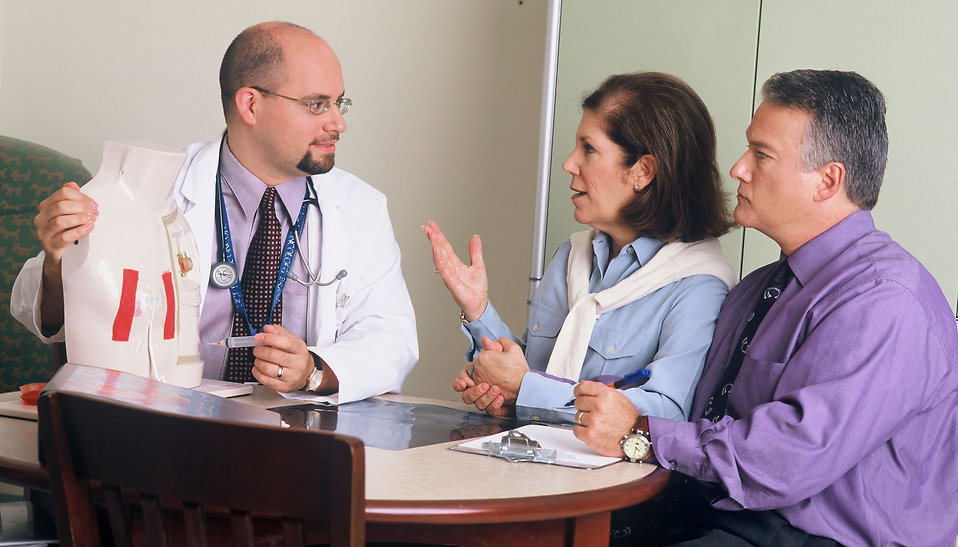 In an effort to help Illinois communities retain and recruit qualified doctors, Illinois is joining the Interstate Medical Licensure Compact. A doctor licensed in one member state of the compact is able to practice medicine in every member state without taking additional tests or applying for additional licenses.
In an effort to help Illinois communities retain and recruit qualified doctors, Illinois is joining the Interstate Medical Licensure Compact. A doctor licensed in one member state of the compact is able to practice medicine in every member state without taking additional tests or applying for additional licenses.
“This is about streamlining government and improving access to health care service,” said the plan’s sponsor, State Senator Dave Koehler (D-Peoria). “We want talented doctors to be able to practice in Illinois without navigating bureaucratic red tape.”
Illinois is now one of the 11 states that make up the compact. Other members include Alabama, Idaho, Iowa, Minnesota, Montana, Nevada, South Dakota, Utah, West Virginia and Wyoming.
- Details
- Category: Press Releases
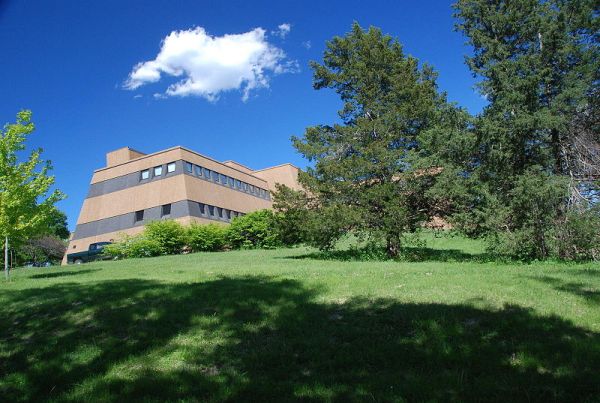 In late June, Governor Bruce Rauner made the surprising announcement that he plans to close all of the Illinois State Museum sites, including Dickson Mounds in Lewistown. State Senator Dave Koehler (D-Peoria), who sits on the legislative panel that reviews all facility closing, voiced his opposition to the idea at a recent hearing.
In late June, Governor Bruce Rauner made the surprising announcement that he plans to close all of the Illinois State Museum sites, including Dickson Mounds in Lewistown. State Senator Dave Koehler (D-Peoria), who sits on the legislative panel that reviews all facility closing, voiced his opposition to the idea at a recent hearing.
"This is another prime example of the governor's misplaced priorities," Koehler said. "The economic and educational value of Dickson Mounds and the State Museum far outweigh their costs. The governor continues to single out low-cost programs and services that benefit middle-class families for cuts, while leaving expensive programs that benefit the wealthy few, like corporate tax breaks, untouched."
Dickson Mounds is one of the major on-site archaeological museums in the nation. It chronicles the mound-building Mississippian culture that dominated much of the Eastern United States for centuries before European explorers and settlers reached North America.
- Details
- Category: Press Releases
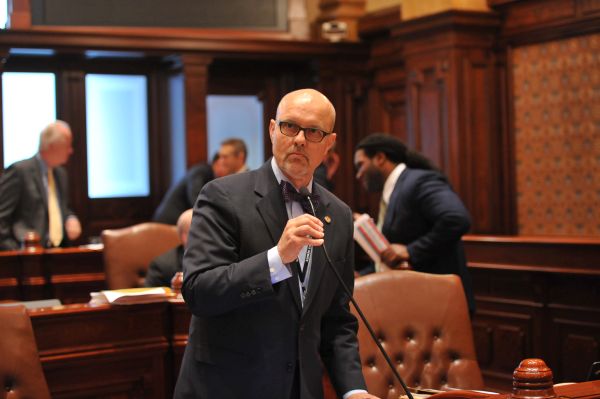 State Senator Dave Koehler issued the following statement about the Illinois budget impasse in Springfield:
State Senator Dave Koehler issued the following statement about the Illinois budget impasse in Springfield:
"I'm disappointed that the governor has been unwilling to come to a compromise on the state budget.
"Soon, people everywhere are going to feel the effects of his decision. Parents are going to have to choose between their jobs and their kids as they lose access to child care. Seniors are going to have to move into nursing homes as programs that help them stay in their homes shut down. People with disabilities aren't going to understand why their lives are changing as services and programs close.
"I'm ready to do my part to end this impasse. I urge the governor and my Republican colleagues to do the same."
More Articles …
Page 90 of 104
